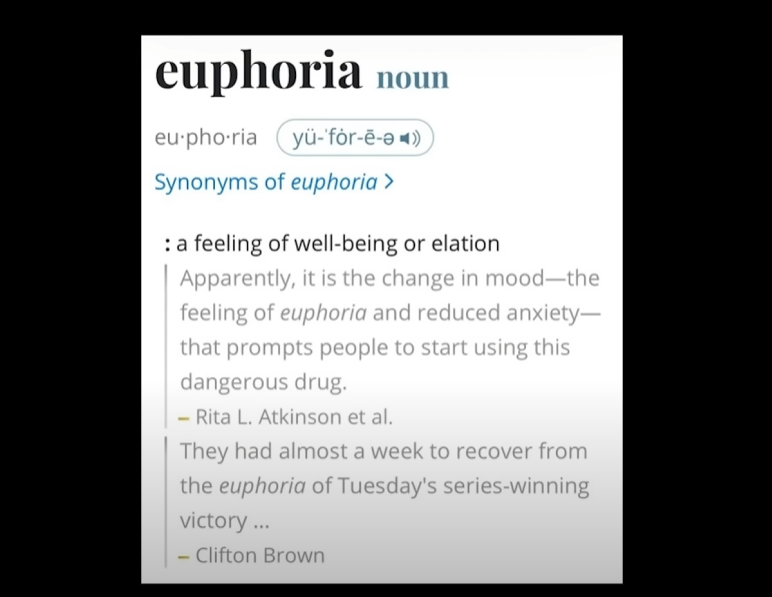The relationship between Egypt and the United States has been mutually beneficial throughout the years, but the costs associated with it make this the perfect time to reevaluate. Each year we send huge amounts of aid to Egypt, averaging $2 billion, mostly earmarked for weapons purchases. A tentative budget for fiscal year 2014 from President Barack Obama suggested $1.5 billion, most reserved for military purchases, to be sent to Egypt. Since 1998, economic aid has fallen by about two-thirds of its original rate while military aid has remained at around $1.3 billion since 1987, according to a report by ProPublica. As Egypt continues to work through turmoil, with the elected president overthrown and military control reinstated in the country, the U.S. government has continually failed to express a resolute opinion on the current events. Unfortunately, rather than maintain our reputation in Egypt and the Middle East, the U.S. has convinced all sides that the we are merely a fair-weather friend who says one thing while meaning something different.
We are no longer seen as benevolent donors or trustworthy friends but are instead viewed with disdain. Secretary of State John Kerry recently urged that now is not the time for “armchair isolationism” and that we should continue our work in Egypt, to recover our losses and rebuild our reputation, but he is wrong. Our best option would be to step back from Egypt. We need to examine not only the relationship between the U.S. and Egypt, but also reevaluate what we hope to achieve through foreign policy.
In the months following the coup in Egypt, while American focus has been directed at Syria, we have seen increasing hostility toward Americans in Egypt, as well as a return of the autocratic actions of the Mubarak regime under the new rule of Gen. Abdel Fattah al-Sissi. The government has shut down multiple networks that were considered sympathetic to Islamists, including the Egyptian-affiliate of Al Jazeera, a well-known and largely respected source of news in the Middle East. In August, a state-owned newspaper ran an article accusing the then-Ambassador to Egypt Anne Patterson of conspiring with the Muslim Brotherhood to “spread chaos” and “hit the country’s stability.” It is becoming increasingly clear that the new military government expects the U.S. aid to continue, no matter what actions they make.
Egypt’s continued peace and support of Israel, as well as passage through the Suez Canal for government vessels, allowing us to provide quick support for our troops in the Middle East, are all reasons to continue to provide support. However, as we wind down our deployed troops in Iraq and Afghanistan, we can expect the need for passage to decrease. In addition, Egypt cannot expect to win a potential war against Israel, as their traditional allies are fighting their own internal wars and would only stand to lose if they chose to cut ties with Israel. Even if we were to later reinstate our aid to Egypt, a full halt on the financial support that we send them each year would send a clear and resounding message to the military. The U.S. has interests in the Middle East, and Egypt has historically been a beneficial ally. But no partner is indispensable, and they should not take our continued goodwill and support for granted, especially as they move toward destroying all the gains that were made in the early days of the Arab Spring.









